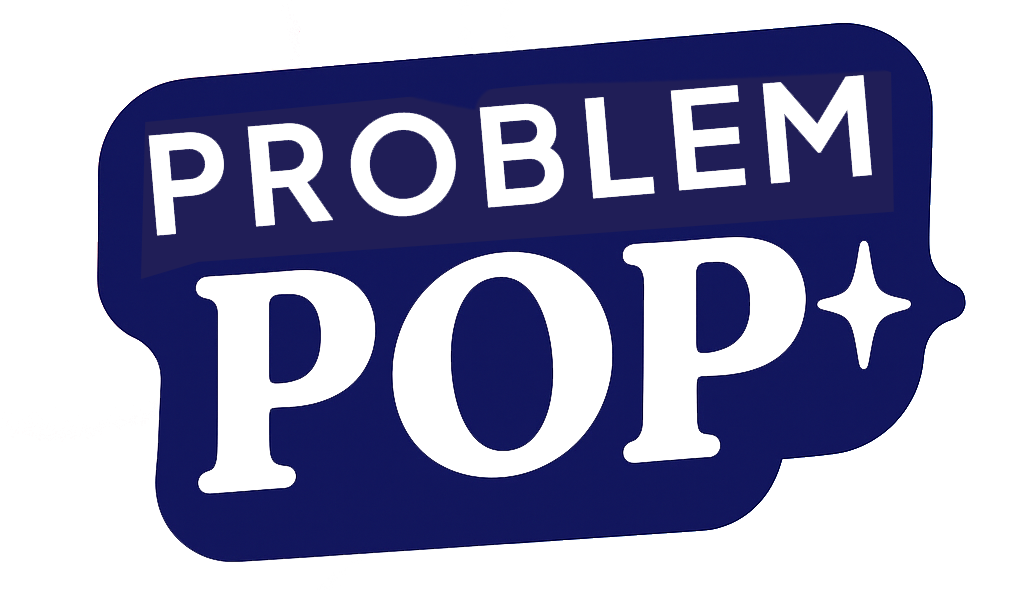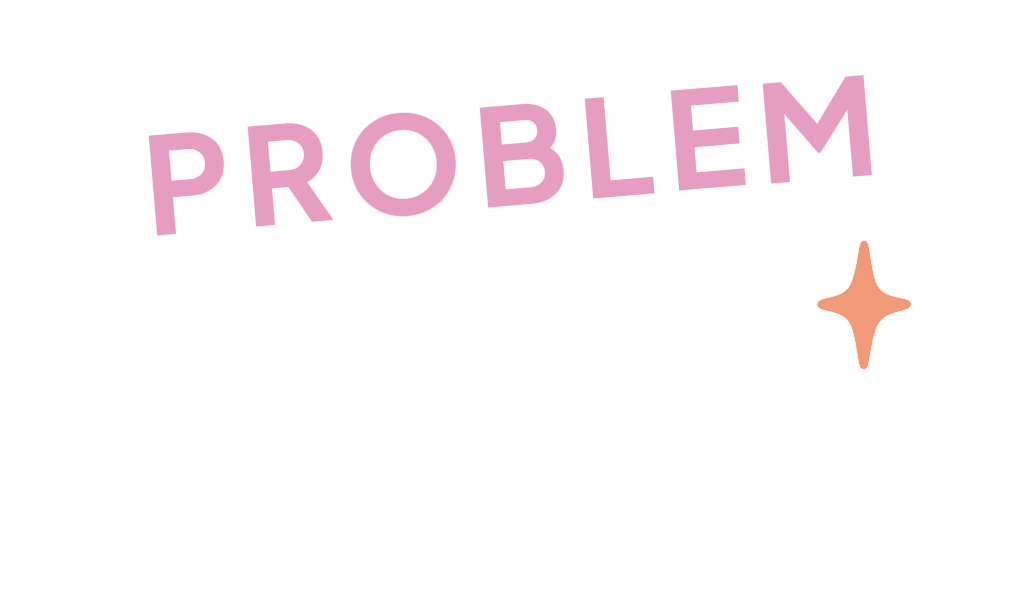Ultimate Guide to Using Reddit for Product Validation
Forget expensive market research. Here's how to use Reddit to find real customer pain points and validate your product ideas before you build anything stupid.
Stop asking friends what they think and start listening where people actually complain
I left my workspace today after spending far too much on another overpriced coffee, thinking about how I could have spent that money better. Maybe on actual market research? Then it hit me - why pay thousands for focus groups when Reddit users are literally screaming their problems into the void for free?
After years of watching founders conduct "market research" by asking their mates down the pub, I've discovered that Reddit is basically the world's largest, most honest focus group. People vent their real frustrations anonymously, share their actual problems, and discuss solutions they've tried that didn't work. It's like having access to everyone's diary, except they voluntarily posted it online.
Here's the thing - your next million-dollar idea is probably buried in a Reddit thread where someone's complaining about something that should be simple but isn't. The trick is knowing where to look and what to look for. Buffer's research team found that Reddit discussions generated 3x more authentic customer insights than traditional surveys, and honestly, that tracks with my experience.
TL;DR: Reddit Validation Essentials
- Find subreddits where your target customers naturally complain
- Look for recurring pain points, not one-off rants
- Pay attention to the exact language people use to describe problems
- Test solutions in the comments before building anything
- Validate with behavior, not just upvotes
Why Reddit Beats Traditional Market Research (And It's Free)
Forget everything you know about surveys and focus groups. Reddit is where people go to be brutally honest about what pisses them off. No polite corporate speak, no trying to be helpful - just raw, unfiltered frustration about problems that actually matter to them.
Think about it - when was the last time you complained about something in a survey? Never. But when was the last time you ranted about a frustrating experience online? Probably last week. That's the difference between artificial research environments and natural human behavior.
Why Reddit Trumps Traditional Research:
- People are anonymous so they tell the truth
- They're emotionally activated when they post (you get real feelings)
- It's free and immediate (no waiting weeks for results)
- You see actual language patterns people use to describe problems
- Problems are discussed in context with real examples
- Solutions are crowd-tested in real-time through comments
Plus, let's be honest, traditional market research is expensive as hell. I'd rather spend that money on something useful, like decent coffee or those Minnie Mouse ears I definitely don't need but somehow still want. Companies like Airbnb and Dropbox have credited Reddit research with helping them understand real user pain points before building features - and they turned out alright.
The Reddit Research Method: Finding Gold in the Comments
Now I'm going to share the exact process I use to turn Reddit browsing from procrastination into legitimate product research. Because yes, you can absolutely justify spending hours on Reddit as "work."
Step 1: Identify Your Customer's Natural Habitat (Subreddits)
Your customers aren't just hanging out in obvious places. If you're building a productivity app, don't just lurk in r/productivity. Your real insights are in places like:
- r/ADHD - People struggling with focus and organization
- r/workingmoms - Juggling a million things at once
- r/freelancers - Managing their own schedules and deadlines
- r/teachers - Dealing with lesson planning and administrative chaos
- r/caregivers - Coordinating complex schedules for others
How to Find the Right Subreddits:
- Start with obvious ones but don't stop there
- Check the "Related Communities" sidebars for hidden gems
- Search for your keywords across all of Reddit to see where they appear
- Follow user profiles who post about your topic to see what other subs they frequent
- Look for crossposted content - same problems discussed in different communities
Step 2: The Pain Point Mining Technique
Look for emotional language, not just logical complaints. People don't just say "this is inefficient" - they say "this drives me absolutely mental" or "I'm at my wit's end." That emotional charge tells you how much they'd pay to solve the problem.
What to Search For:
- Frustrated language - "hate," "annoying," "drives me crazy," "sick of"
- Problem keywords + emotions - "budgeting is impossible," "scheduling nightmare"
- Solution-seeking posts - "How do you deal with..." "Am I the only one who..."
- Failure stories - "Tried X but it didn't work because..."
- Recurring themes - Same problems mentioned across multiple posts
Pro Tip: Sort by "Top" and "Controversial" as well as "Hot." Controversial posts often reveal the most passionate opinions about problems.
Step 3: Decode the Real Problem Behind the Rant
People rarely describe their problems in business terms. They'll say "I can never find anything to cook" when they really mean "meal planning is overwhelming and decision fatigue is real." Your job is to translate rants into actionable insights.
Questions to Ask Yourself:
- What's the underlying frustration? (Beyond the surface complaint)
- What have they already tried? (Shows market gaps)
- How much time/money is this costing them? (Willingness to pay indicator)
- What would success look like to them? (Your product's outcome)
- What emotional job are they trying to hire a solution for? (Feel less stressed, more organized, etc.)
For example, someone posting "I hate Sunday nights because I have to figure out what to eat all week" isn't just complaining about meal planning - they're expressing anxiety about decision-making and time management.
Advanced Reddit Validation Strategies: Beyond Lurking
The Comment Test: Validate Before You Build
Don't just observe - participate. When someone posts about a problem you're thinking of solving, jump into the comments with potential solutions and see how people react.
How to Test Ideas in Comments:
- "Have you tried [your solution concept]?" - Gauge interest without revealing you're building it
- "I've been thinking about [problem] too, what if there was..." - Float your idea casually
- Share relevant resources and see engagement levels
- Ask follow-up questions to understand the problem deeper
If people get excited about your comment or start elaborating on why they need that solution, you're onto something. If they respond with "meh" or suggest alternatives, back to the drawing board.
The Solution Archaeology Method
Look at what solutions people are already cobbling together. If someone's using three different apps plus a spreadsheet plus sticky notes to solve one problem, there's your opportunity.
What to Look For:
- Makeshift solutions people describe using
- Workarounds they've created
- Tools they combine to get the job done
- What they wish existed but doesn't
- Where current solutions fall short
These frankenstein solutions tell you exactly what features matter most and what's missing from the market.
The Validation Post Strategy: Direct Market Testing
Create posts that test demand without revealing you're building something. Frame it as curiosity or research, not as "please validate my startup idea."
Effective Post Formats:
- "DAE (Does Anyone Else) struggle with [problem]? How do you handle it?"
- "What's your biggest frustration with [current solutions]?"
- "If you could wave a magic wand and fix [problem], what would that look like?"
- "Am I the only one who thinks [current solution] is overcomplicated?"
Pay attention to not just upvotes, but comment engagement and the emotional intensity of responses. That's where real demand lives.
Reddit Success Metrics: What Actually Matters for Validation
Upvotes are nice, but comments are gold. Someone taking time to write a detailed response about their problem is infinitely more valuable than a casual upvote.
Validation Signals to Watch For:
- High comment-to-upvote ratios - People are emotionally invested enough to respond
- Personal stories shared - They're opening up about real experiences
- Solution brainstorming in comments - They want this problem solved
- "Someone should build this" comments - Direct market demand
- DMs asking for more info - Strongest possible interest signal
Red Flags That Suggest Weak Demand:
- Lots of upvotes, few comments - Mild interest, not passionate need
- Academic discussions without personal stakes
- "That would be nice" comments - Lukewarm reception
- Focus on why it can't be done - Market resistance
Turning Reddit Insights Into Product Decisions
Research without action is just expensive procrastination (even if Reddit is free). Here's how to turn your Reddit insights into actual product features.
The Language Theft Strategy
Use their exact words in your marketing copy. If people consistently describe a problem as "absolute chaos," don't call it "organizational challenges" in your product description. Speak their language, not corporate language.
The Feature Prioritization Framework
Not every complaint deserves a feature. Score Reddit insights based on:
- Frequency - How often does this problem come up?
- Emotional intensity - How frustrated do people get?
- Current solution gaps - Is anything else solving this well?
- Actionability - Can you actually build something to fix this?
- Business viability - Will people pay for this solution?
The Community Building Opportunity
Reddit research can become Reddit marketing. The communities where you found problems are the same communities that will become your early adopters. Start building relationships now, not after you launch.
Common Reddit Research Mistakes (That I've Definitely Made)
Don't make these rookie errors that I absolutely did when I started using Reddit for research:
- Only looking at top posts - The real gold is often in smaller, newer posts
- Taking everything at face value - Some people just like to complain
- Focusing on vocal minorities - Make sure problems are actually widespread
- Ignoring subreddit culture - Each community has its own vibe and rules
- Being too obvious about research - People can smell market research from miles away
The biggest mistake? Assuming one subreddit represents your entire market. Cross-reference insights across multiple communities before making big decisions.
The Reddit Reality Check: Is This Actually a Business?
Just because people complain about something on Reddit doesn't mean they'll pay to fix it. Some problems are real but not profitable. Some affect lots of people but aren't worth solving financially.
The real validation comes when you test willingness to pay, not just willingness to complain. Reddit can show you problems, but you still need to validate that people will open their wallets for solutions.
That said, Reddit is absolutely the best place I've found for discovering real, unfiltered customer problems. While your competitors are conducting expensive focus groups, you're getting honest insights for the price of decent internet connection.
Stop building products based on assumptions and start building based on what people are actually ranting about online. The market will reward you for listening - and Reddit never stops talking. (Want to learn more about turning insights into actual products? Check out my complete guide to understanding what customers really want).






